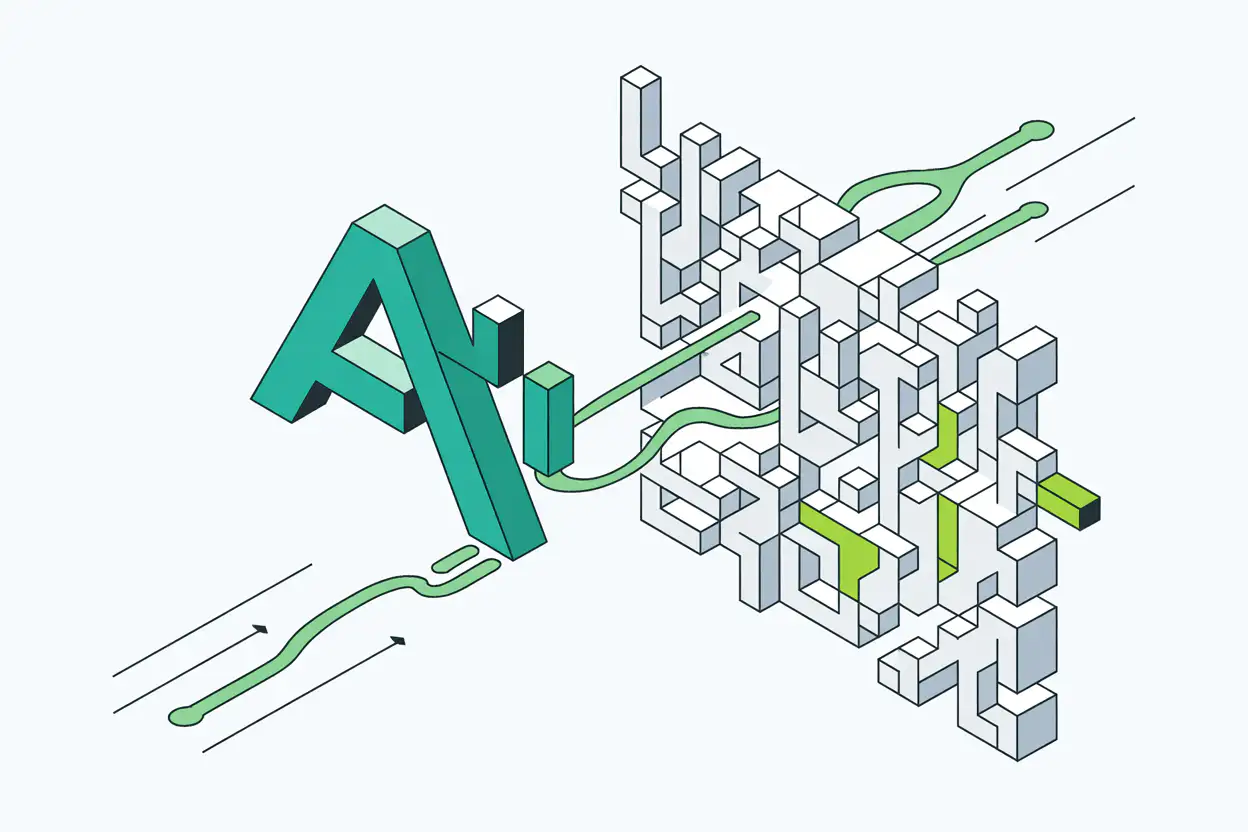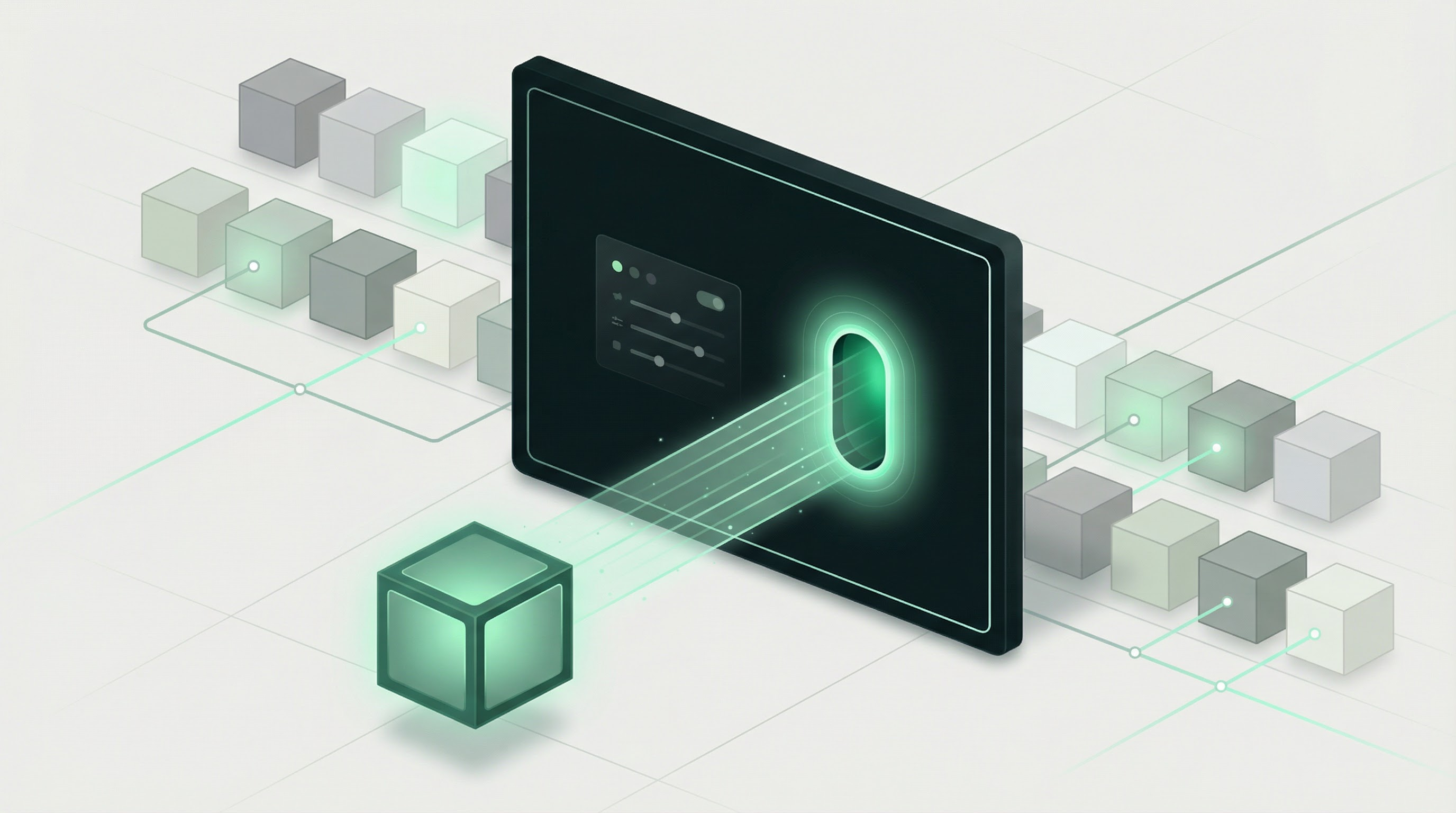TL;DR: Released in October 2022 by Princeton University [Jimenez et al., 2023], SWE-bench revolutionized code generation evaluation by using real GitHub issues and pull requests from 12 popular Python repositories. With 2,294 real-world software engineering tasks, it moved beyond isolated programming problems to test AI's ability to understand, debug, and modify existing codebases—revealing the vast gap between solving coding puzzles and practicing software engineering.
Introduction
In the autumn of 2022, Carlos E. Jimenez and his team at Princeton University were wrestling with a fundamental question that had been nagging at the AI research community: if these models were so good at solving programming problems, why weren't they revolutionizing software development?
The answer, they suspected, lay in the nature of the problems themselves. HumanEval, MBPP, and other benchmarks tested AI on isolated, self-contained programming tasks—the equivalent of asking a medical student to diagnose diseases from textbook cases rather than treating real patients with complex, interconnected symptoms.
Real software engineering is messier. It involves understanding large, complex codebases written by multiple developers over years. It requires debugging subtle issues, implementing features that interact with existing systems, and navigating the accumulated technical debt that characterizes most production software.
SWE-bench emerged from this recognition [Jimenez et al., 2023]. Instead of artificial problems, the team collected 2,294 real GitHub issues and their corresponding pull request solutions from 12 popular Python repositories. These weren't toy problems—they were the actual challenges that professional software developers face daily.
Background and Methodology
The creation of SWE-bench required solving a complex data collection and validation challenge. The team needed to identify GitHub issues that were both solvable and evaluable, then extract the minimal context necessary for an AI system to understand and address each problem [Jimenez et al., 2023].
The 12 repositories were carefully selected to represent diverse domains and coding styles: Django, Flask, matplotlib, pandas, pytest, requests, scikit-learn, sphinx, sympy, tornado, xarray, and astropy. These projects span web frameworks, data science libraries, testing tools, and scientific computing packages—providing a comprehensive cross-section of real-world Python development.
Each SWE-bench task includes:
- The original issue description from GitHub
- The repository state at the time the issue was filed
- The ground truth solution (the actual pull request that fixed the issue)
- A test suite to verify correctness
The evaluation methodology goes far beyond simple pass/fail testing. Solutions must not only fix the reported issue but also pass the repository's existing test suite, ensuring that fixes don't break existing functionality—a crucial requirement in real software development.
Current State-of-the-Art Results
SWE-bench results paint a sobering picture of current AI capabilities in real-world software engineering. While models achieve 90%+ scores on isolated programming problems, SWE-bench scores typically range from 10-30%, highlighting the enormous gap between solving coding puzzles and practicing software engineering.
The benchmark has revealed several key challenges:
- Context Understanding: AI systems struggle to understand the broader context of large codebases
- Debugging Skills: Identifying and fixing subtle bugs requires reasoning capabilities that current models lack
- Integration Complexity: Implementing changes that don't break existing functionality is particularly challenging
Recent improvements have come from better retrieval systems that help models find relevant code sections, and from training approaches that specifically target software engineering workflows rather than isolated programming tasks.
Technical Analysis
SWE-bench has revealed fundamental limitations in current AI approaches to code generation. The benchmark demonstrates that success on synthetic programming problems doesn't translate to competence in real software engineering scenarios.
The performance patterns show that models struggle most with tasks requiring:
- Deep understanding of existing code architecture
- Reasoning about complex interactions between system components
- Balancing new functionality with backward compatibility
- Debugging issues that span multiple files or modules
These challenges highlight the need for new AI architectures and training approaches specifically designed for software engineering workflows.
Impact and Future Directions
SWE-bench has fundamentally changed how the AI research community thinks about code generation evaluation. It has inspired the development of more realistic benchmarks and training approaches that better reflect real-world software development challenges.
The benchmark has also influenced the design of AI-powered software engineering tools, highlighting the importance of context understanding and codebase navigation capabilities. Many recent advances in AI coding assistants can be traced to insights gained from SWE-bench evaluation.
References
Jimenez, C. E., Yang, J., Wettig, A., Yao, S., Pei, K., Press, O., & Narasimhan, K. (2023). SWE-bench: Can Language Models Resolve Real-World GitHub Issues? arXiv preprint arXiv:2310.06770. https://arxiv.org/abs/2310.06770













